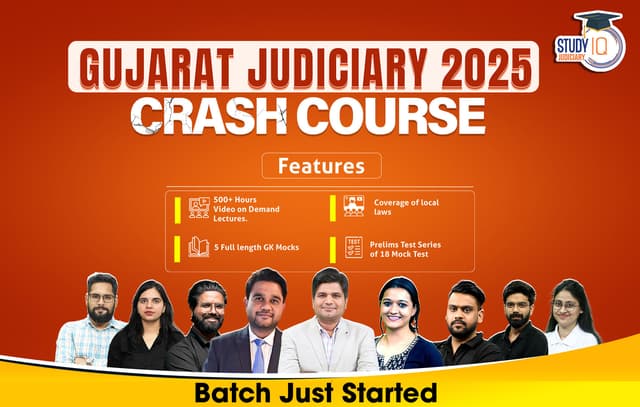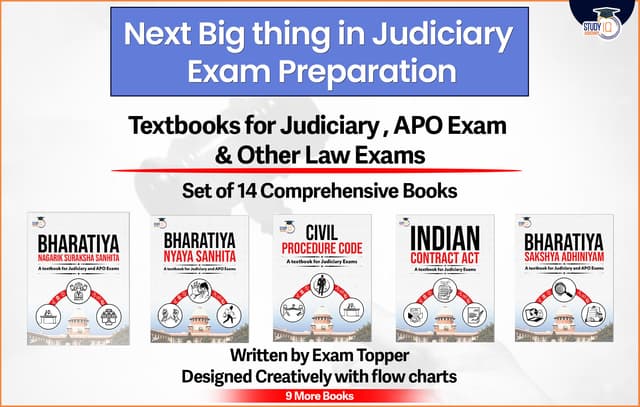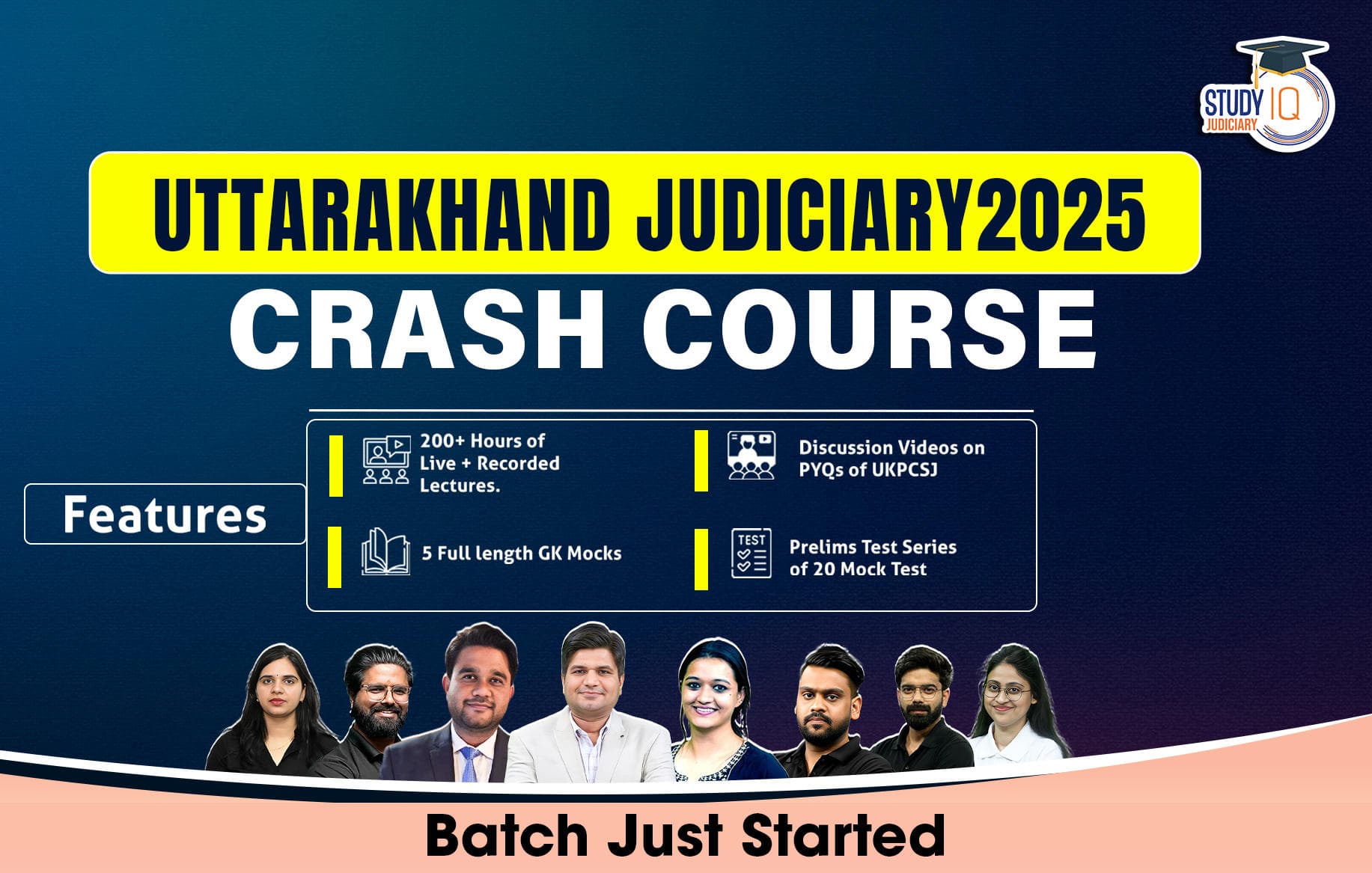Table of Contents
Context: Union Home Minister Amit Shah tabled 3 bills that will allow the removal of the PM, CMs, Union and State Ministers facing serious criminal charges.
The expectation of moral integrity within the political class has consistently posed a contradictory challenge in India’s democratic progress. The electorate demands responsibility, transparency, and ethical behaviour from their leaders; nonetheless, the threat of political criminalisation persists throughout the system. The Constitution (One Hundred and Thirtieth Amendment) Bill, 2025, presented in the Lok Sabha on August 20, 2025, aims to resolve this issue. It stipulates that Ministers, Chief Ministers, and the Prime Minister must resign or face automatic removal if they are in detention for over 30 consecutive days for offences punishable by a maximum of five years or more.
The Bill, although seemingly a significant advancement for cleaner politics, presents substantial constitutional, legal, and political issues. It raises concerns regarding the equilibrium between ethical governance and democratic protections.

130th Constitutional Amendment Bill Related Legislative Measures
- Constitution (130th Amendment) Bill, 2025 → Union + States.
- Government of Union Territories (Amendment) Bill, 2025 → Modifies 1963 Act (covers Delhi, Puducherry).
- J&K Reorganisation (Amendment) Bill, 2025 → Alters 2019 Act, Section 54.
Key Provisions of the Constitution (130th Amendment) Bill, 2025
- Amendments proposed: Articles 75, 164, 239AA.
- Article 75 → Council of Ministers at Union level (incl. PM).
- Article 164 → Council of Ministers in States (incl. CM).
- Article 239AA → Special provisions for NCT of Delhi.
- Removal Clause: If a PM/CM/Minister is arrested and detained for 30 consecutive days on charges carrying a punishment of 5+ years imprisonment:
- Union Level → The President removes PM/Union Ministers.
- State Level → Governor removes Ministers (on CM’s advice); removes CM directly.
- UTs & J&K → Similar provisions through UT/J&K-specific amendments.
- Reappointment: Ministers can return to office after release.
Constitutional Foundations of the Bill
The suggested amendment derives its authority from essential clauses of the Indian Constitution:
- Article 75(1): Ministers of the Union hold office during the pleasure of the President.
- Article 164(1): Ministers of the State hold office at the pleasure of the Governor.
- Article 239AA(5): Relates to Ministers in the National Capital Territory of Delhi, who serve at the pleasure of the President.
These provisions, however, are governed by the doctrine of constitutional morality, as articulated in landmark cases such as:
- Shamsher Singh v. State of Punjab (1974): The idea of “pleasure” is not absolute but constrained by constitutional morality.
- Nabam Rebia v. Deputy Speaker (2016): The principle of constitutional propriety limits the arbitrary exercise of administrative authority.
- Consequently, the Bill seeks to enshrine these ethical obligations within a constitutional framework.
Judicial Precedents and the Ethical Aspects of Politics
- R. Bommai v. Union of India (1994): The Supreme Court underscored that constitutional morality and integrity in governance are essential to democratic institutions.
- Manoj Narula v. Union of India (2014): The Court warned against appointing individuals with significant criminal charges as Ministers, emphasising that morality is fundamental to the constitutional framework.
- Lily Thomas v. Union of India (2013): The Court determined that a legislator is immediately disqualified upon conviction, invalidating the previous three-month timeframe for filing an appeal.
- The 130th Amendment Bill derives its moral and legal justification from these rulings but broadens accountability to include mere imprisonment for over 30 days, thereby inviting constitutional scrutiny.
Constitutional Dilemmas: Presumption of Innocence and Article 21
- A significant worry is the Bill’s contradiction of the presumption of innocence, a fundamental aspect of the right to life and personal liberty as stipulated in Article 21 of the Constitution.
- By associating arrest and detention with grounds for automatic removal, the Bill undermines the principle that an accused individual is presumed innocent until proven guilty. This diverges from the recognised structure under:
- Section 8(3) of the Representation of the People Act, 1951 (RPA): Legislators incur disqualification solely upon conviction, rather than arrest.
- Consequently, the Bill creates an imbalance between parliamentarians and Ministers, resulting in constitutional incompatibility.
Political Challenges: Discretion and Partisanship
The Bill establishes a dual mechanism:
- Dismissal of Ministers at the advice of the Prime Minister/Chief Minister.
- Automatic removal will occur if such advice is not provided within 30 days.
This creates opportunities for political exploitation:
- A Prime Minister may protect allies for a duration of 30 days.
- An antagonistic Chief Minister may permit political adversaries to succumb to automatic governance.
- The Bill risks establishing accountability within partisan politics rather than isolating governance from partisanship.
Discrepancy in the Treatment of Legislators and Ministers
A subsequent dilemma emerges:
- Legislators under the RPA are subject to disqualification solely upon conviction.
- Ministers under the Bill are subject to removal upon mere detention.
- This imbalance may deter competent people from assuming ministerial roles due to more stringent accountability norms.
The “Revolving Door” Dilemma
- The Bill permits reappointment upon a Minister’s release from custody. This may lead to cycles of resignation and reinstatement, fostering political instability and uncertainty in governance.
- A Chief Minister detained for 31 days would be compelled to retire, only to be reinstalled upon securing bail. This instability jeopardises the fundamental objective of ethical accountability.
The Imperative for Reform: Criminalisation of Politics
- The Association for Democratic Reforms (ADR) report concerning the 2024 General Election disclosed:
- Two hundred fifty-one Members of Parliament (46%) have disclosed criminal cases.
- This increased from 43% in 2019, 34% in 2014, and 30% in 2009 – a 55% escalation over 15 years.
- This concerning tendency necessitates correction; yet, the Bill’s harsh approach threatens to compromise democratic protections.
Advancing a More Sophisticated Model
The Bill requires a review to achieve a balance between accountability and equity. Potential alternatives encompass:
- Linking charge formulation to the removal of links, rather than solely to arrest, guarantees that judicial examination eliminates frivolous instances.
- Autonomous evaluative frameworks, including judicial tribunals, are to avert governmental overreach.
- Temporary suspension of ministerial duties during legal proceedings rather than complete dismissal.
- Limiting the Bill’s applicability to crimes involving moral turpitude and corruption, instead of all offences punishable by five years or more.
- These measures would align ethical governance with constitutional protections.
Process of Amending the Constitution in India
The Bill’s enactment necessitates adherence to Article 368 of the Constitution, which regulates constitutional amendments:
- A special majority in both Houses of Parliament requires two-thirds of members present and voting, in addition to a majority of the total membership.
- Ratification by fifty per cent of the State Legislatures if the amendment pertains to federal provisions.
- The 130th Amendment Bill directly modifies Articles 75, 164, and 239AA, which pertain to presidential authority. Although state ratification may not be necessary, its ramifications for federalism and executive accountability are significant.
Global Context: Insights from Alternative Democracies
- Worldwide, democracies contend with the conflict between political integrity and due process.
- United Kingdom: Ministers adhere to the Ministerial Code, resigning on ethical grounds notwithstanding the absence of legal obligation.
- The Constitution of the United States does not preclude accused officials from holding office, but political pressure frequently compels resignations.
- In Canada and Australia, like in the UK, political ethics and popular sentiment frequently influence resignations.
- South Africa: The Constitution underscores accountability, while judicial monitoring guarantees due process in instances of governmental malfeasance.
- The 130th Amendment Bill of India is distinctive in its provision for automatic transfer upon detention, rendering it significantly more stringent than other liberal democracies. However, in the absence of protections, it jeopardises the foundational notion of fairness inherent to democratic administration.
Summary
- The Constitution (One Hundred and Thirtieth Amendment) Bill, 2025, reflects the escalating demand for ethical governance in a political landscape increasingly tainted by criminality.
- Nonetheless, its existing formulation jeopardises essential constitutional principles, including the presumption of innocence, separation of powers, and governance stability.
- Although voters may view the Bill as a strong measure against corruption, the Joint Parliamentary Committee (JPC) needs to adjust its provisions to guarantee due process, judicial scrutiny, and equitable accountability.
- Ultimately, it emphasises, power devoid of integrity undermines democracy, while integrity lacking fairness jeopardises it. The success of the 130th Amendment Bill will hinge on its ability to maintain this delicate equilibrium.

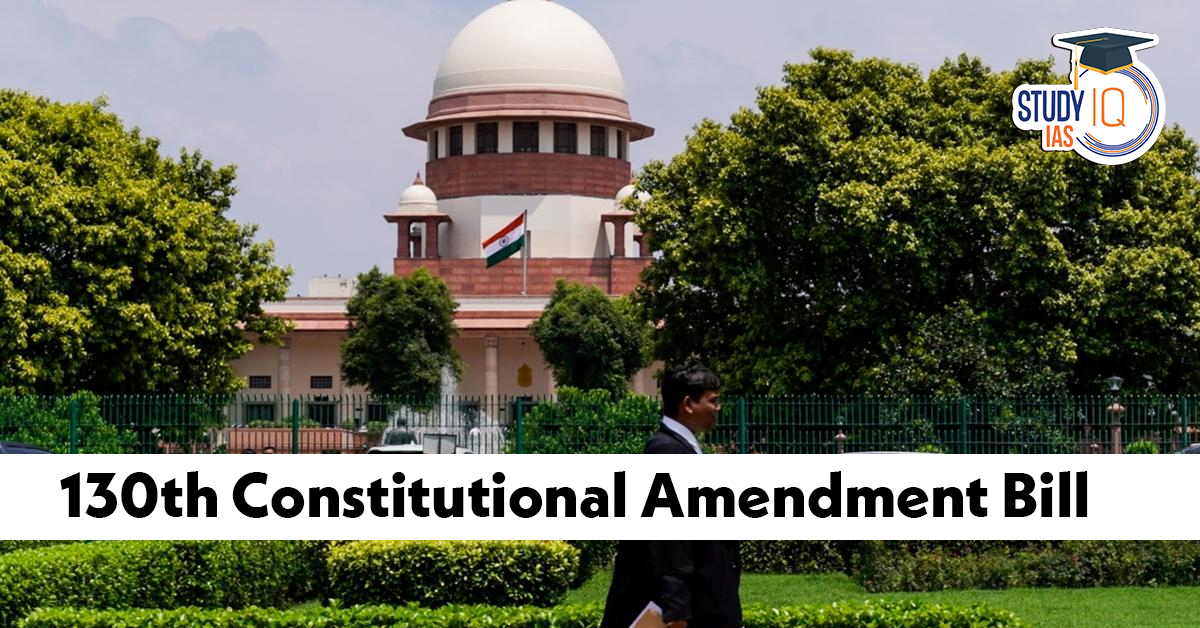
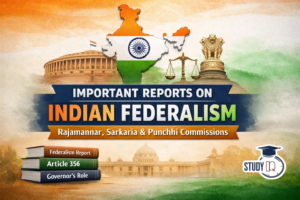 Important Reports on Indian Federalism: ...
Important Reports on Indian Federalism: ...
 Trial by Social Media: Public Shaming, D...
Trial by Social Media: Public Shaming, D...
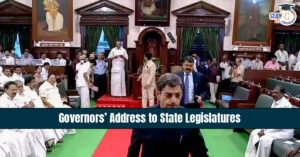 Governors’ Address to State Legislatur...
Governors’ Address to State Legislatur...





